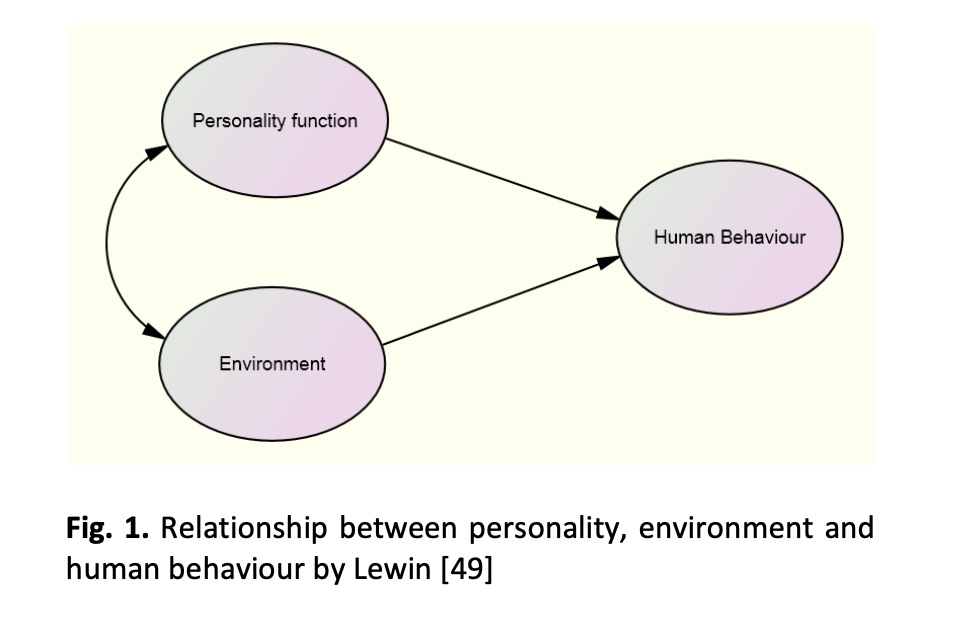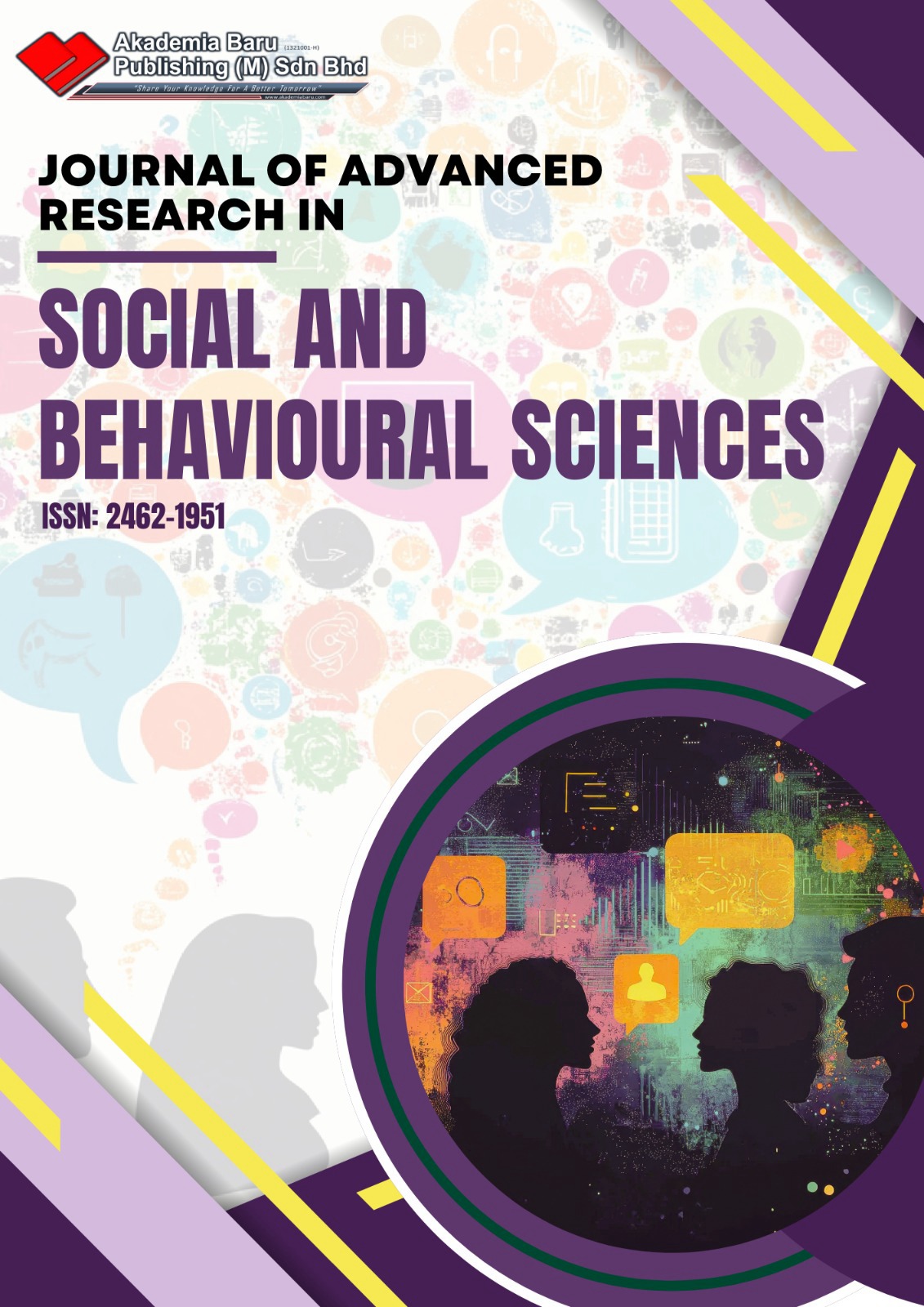The Relationship between Learning Environment and Psychological Characteristics in Higher Education
Keywords:
Learning environment, physical environment, psychosocial environment, psychological characteristics, self- efficacy, satisfactionAbstract
This study investigated the relationships between quality of learning environment (physical and psychosocial environment) and psychological characteristics (student self-efficacy and satisfaction) in statistic education. The target population is a total of 380 students from diploma level, Faculty of Computer Science and Mathematics, University Teknologi MARA. By using cluster sampling, 285 students were selected as sample. The study instruments were adapted from Smart classroom inventory SCI, Science Laboratory Environment Inventory PSLEI, College and Classroom Environment Inventory CCEI, Learning and Performance subscale from the Motivated Strategies for Learning Questionnaire MSLQ for College students, Test Of Science-Related Attitudes TOSRA and Self-Efficacy in Learning and Performance for College. The gathered data was mainly analysed using Smart Partial Least Square (SEM-PLS). The findings revealed that physical and psychosocial learning environment have significant and positive relationships with student satisfaction. In addition, the study confirmed that learning environment influence self-efficacy positively. Finally, the study’s theoretical and practical implications as well as the directions for future research were provided and discussed.











